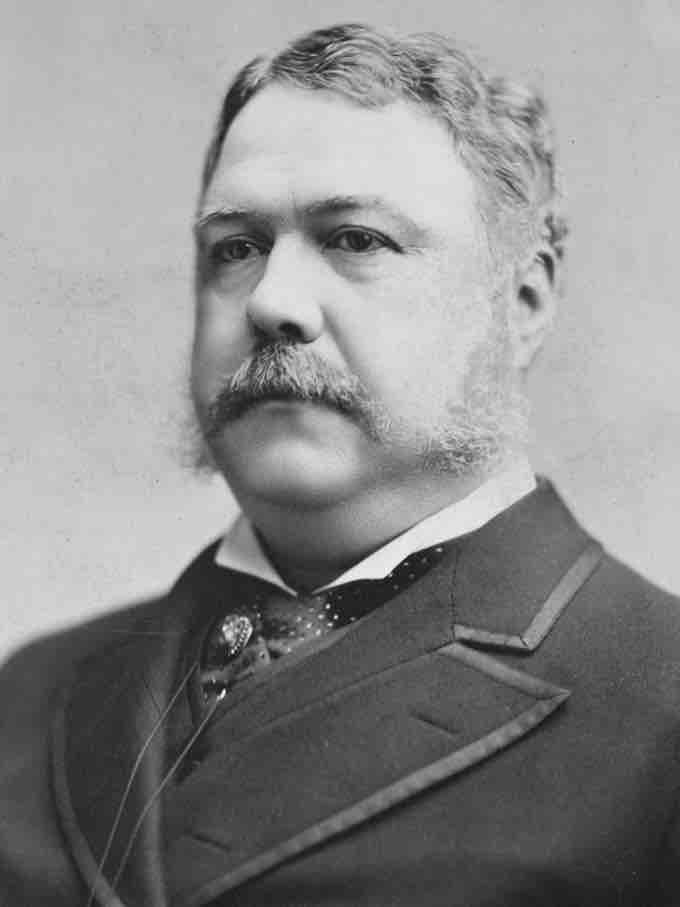Bureaucratic reform in the United States was a major issue in the late nineteenth century at the national level and in the early twentieth century at the state level. Proponents denounced the distribution of office by the winners of elections to their supporters as corrupt and inefficient. They demanded nonpartisan scientific methods and credentials be used to select civil servants. The five important civil service reforms were the two Tenure of Office Acts of 1820 and 1867, the Pendleton Act of 1883, the Hatch Acts (1939 and 1940), and the Civil Service Reform Act (CSRA) of 1978.
In 1801, President Thomas Jefferson, alarmed that Federalists dominated the civil service and the army, identified the party affiliation of office holders, and systematically appointed Republicans. President Andrew Jackson in 1829 began the systematic rotation of office holders after four years, replacing them with his own partisans. By the 1830s, the "spoils system" referred to the systematic replacement of office holders every time the government changed party hands.
The Civil Service Reform Act (the Pendleton Act) is an 1883 federal law that established the United States Civil Service Commission. It eventually placed most federal employees on the merit system and marked the end of the so-called "spoils system. " Drafted during the Chester A. Arthur administration, the Pendleton Act served as a response to President James Garfield's assassination by a disappointed office seeker.

Chester A. Arthur
The Pendleton Act was passed under Chester A. Arthur's administration.
The new law prohibited mandatory campaign contributions, or "assessments," which amounted to 50-75% of party financing during the Gilded Age. Second, the Pendleton Act required entrance exams for aspiring bureaucrats. One result of this reform was more expertise and less politics among members of the civil service. An unintended result was political parties' increasing reliance on funding from business, since they could no longer depend on patronage hopefuls.
The CSRA became law in 1978. Civil service laws have consistently protected federal employees from political influence, and critics of the system complained that it was impossible for managers to improve performance and implement changes recommended by political leaders. The CSRA was an attempt to reconcile the need for improved performance with the need for protection of employees.